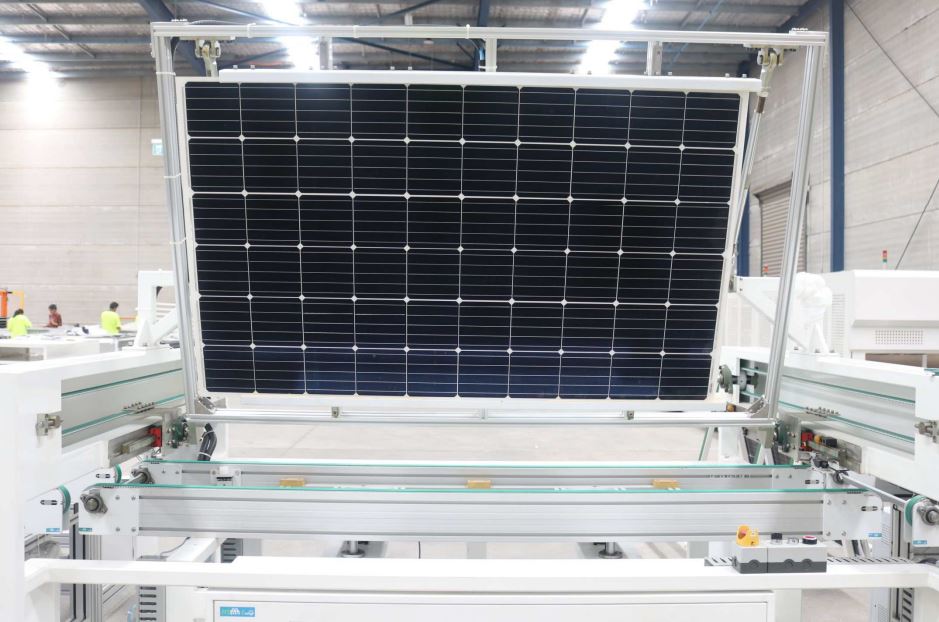The Clean Energy Council (CEC) issued a notice last week announcing that “all PV modules of Msquare Energy Pty Ltd will be delisted on March 28 2022 due to breaches of the CEC Approved PV Modules Terms and Conditions”.
The CEC maintains a list of compliant solar PV modules that are approved for installation under the Small-scale Renewable Energy Scheme (SRES). This list is used by the Clean Energy Regulator and state electricity regulators.
The CEC said the equipment listed has “shown sufficient evidence that it meets the required safety standards for use within Australia. Evidence of compliance has been examined and verified by the Clean Energy Council”.
The CEC may however de-list a product, where the terms and conditions of listing have not been satisfied or have been breached – as determined by its independent Product Listing Review Panel.
MSquare, which is based in the western Sydney suburb of Toongabbie, was contacted for comment about the decision but a company spokesman said they could not “discuss it at this moment”.
Shayne Jaenisch, the chief executive of Adelaide-based solar PV module manufacturer Tindo Solar said he was aware of the decision and while no details about the delisting had been released, the CEC was right to delist solar products that do not live up to their claims.
“The CEC has not detailed why Msquare was delisted,” he said. “(But) there are many ways that a panel can breach the CEC’s listing requirements.”
Jaenisch said solar panel manufacture was a difficult industry that relied on advanced machinery, precision engineering and an expert workforce.
“We thank the regulator, the CEC, for enforcing its listing rules,” he said.
MSquare Energy told pv magazine late last year it had ambitions of becoming Australia’s largest solar panel manufacturer.
The company said at the time its panels up to 445W were CEC approved to be sold and installed in Australia, and that it was in the process of securing approval for its M10 modules up to 550W.
MSquare said it had been exporting some of its products to the United States, and had purchased a site in Kelso, near Bathurst, for a second manufacturing facility which it said would allow it to increase its manufacturing capacity from 300MW to 900MW.
This content is protected by copyright and may not be reused. If you want to cooperate with us and would like to reuse some of our content, please contact: editors@pv-magazine.com.









By submitting this form you agree to pv magazine using your data for the purposes of publishing your comment.
Your personal data will only be disclosed or otherwise transmitted to third parties for the purposes of spam filtering or if this is necessary for technical maintenance of the website. Any other transfer to third parties will not take place unless this is justified on the basis of applicable data protection regulations or if pv magazine is legally obliged to do so.
You may revoke this consent at any time with effect for the future, in which case your personal data will be deleted immediately. Otherwise, your data will be deleted if pv magazine has processed your request or the purpose of data storage is fulfilled.
Further information on data privacy can be found in our Data Protection Policy.